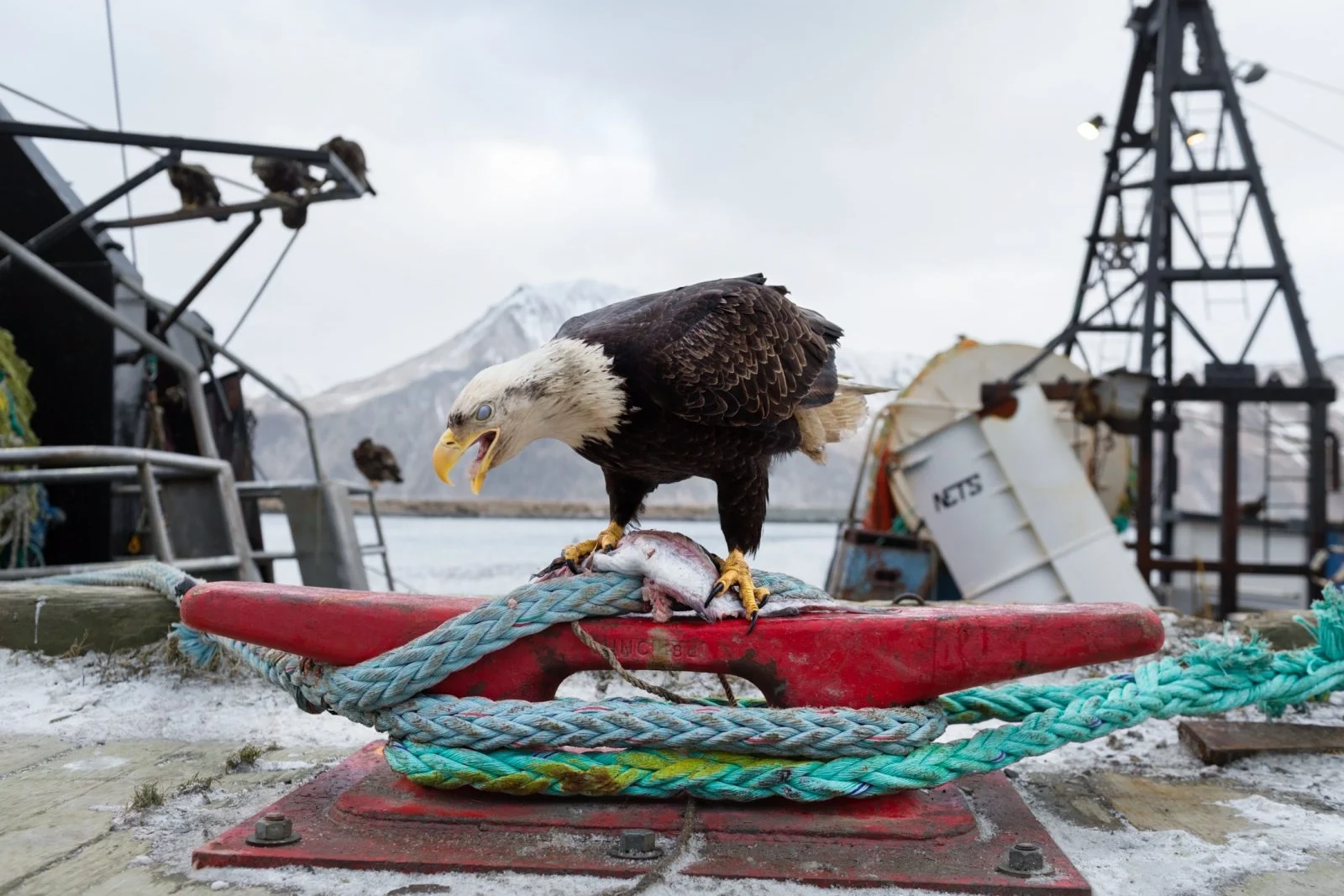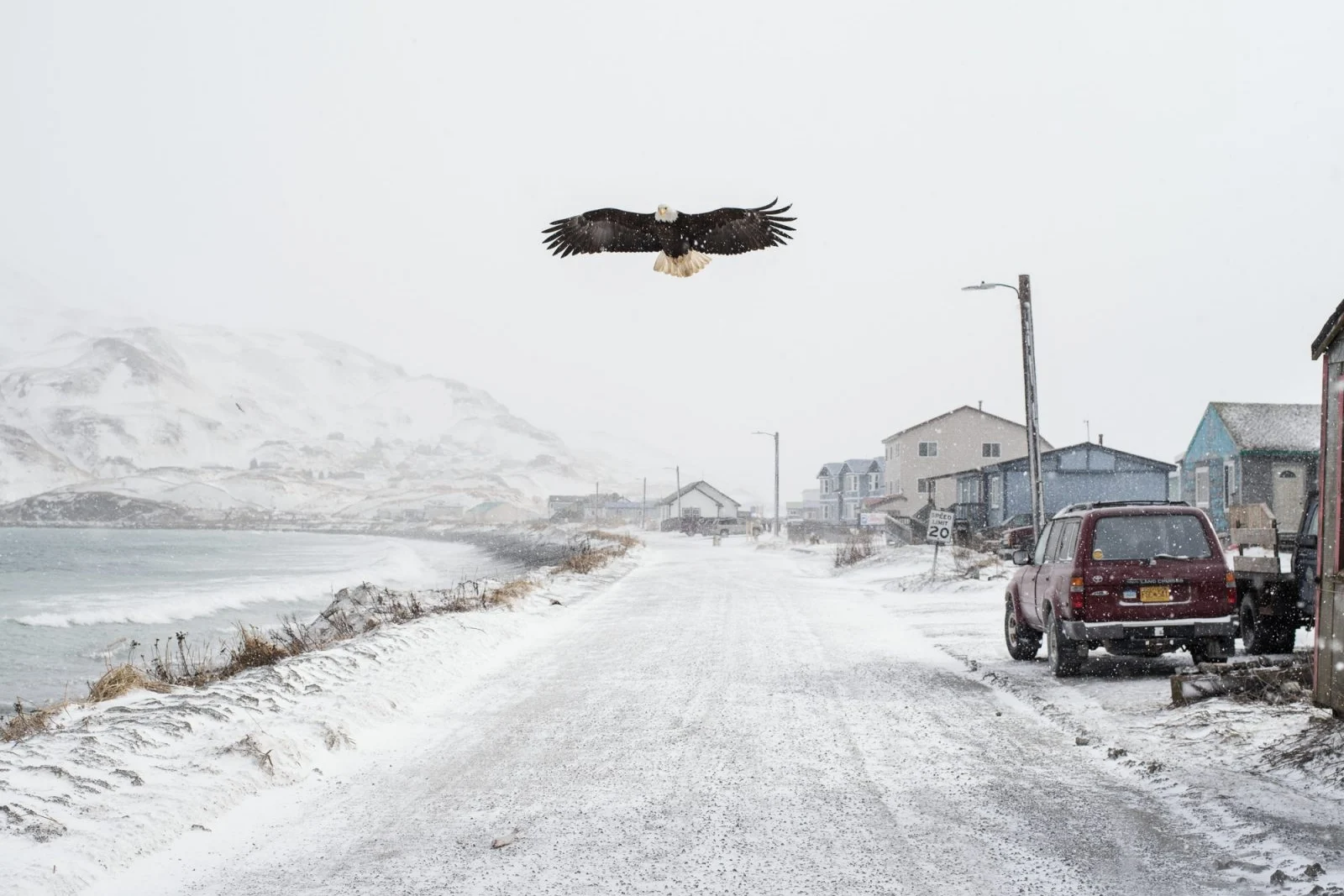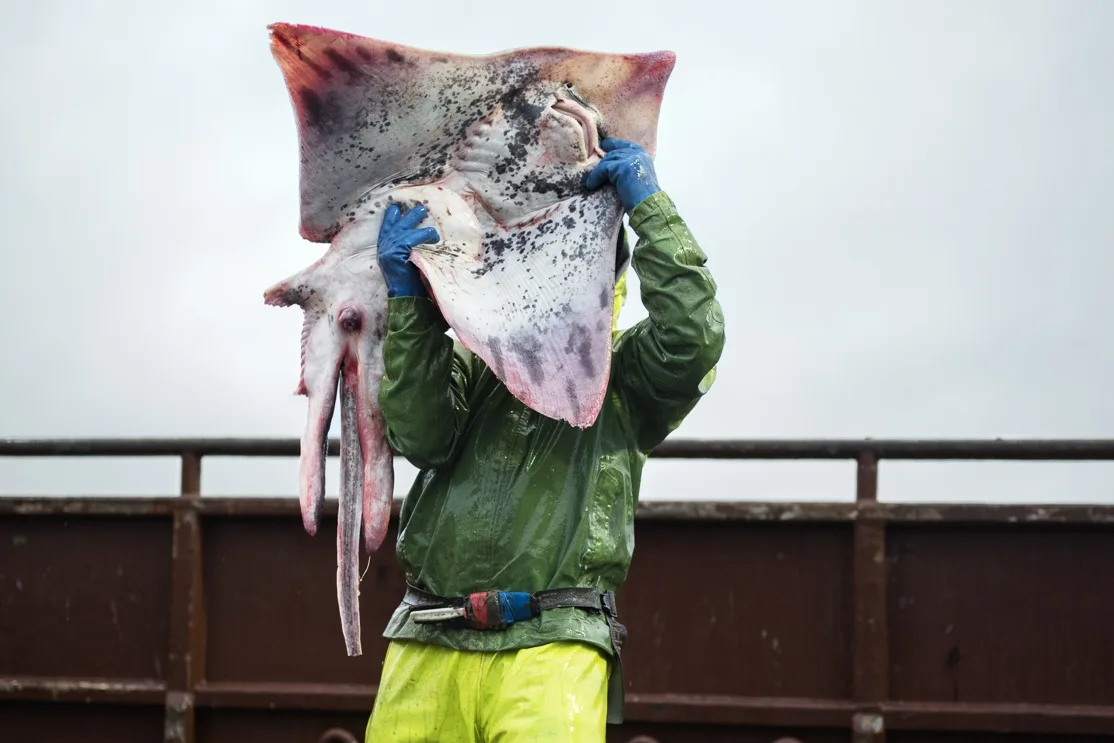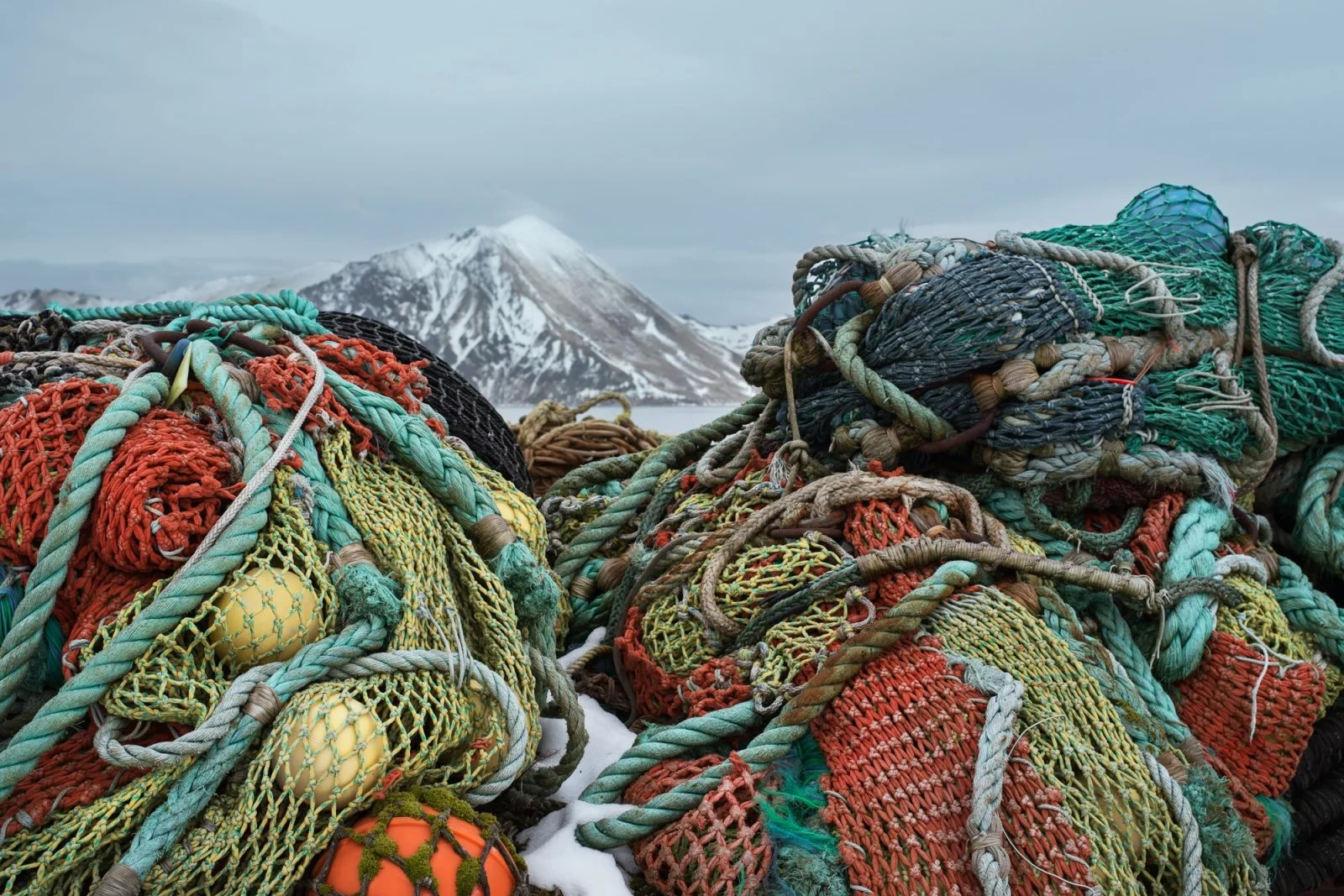
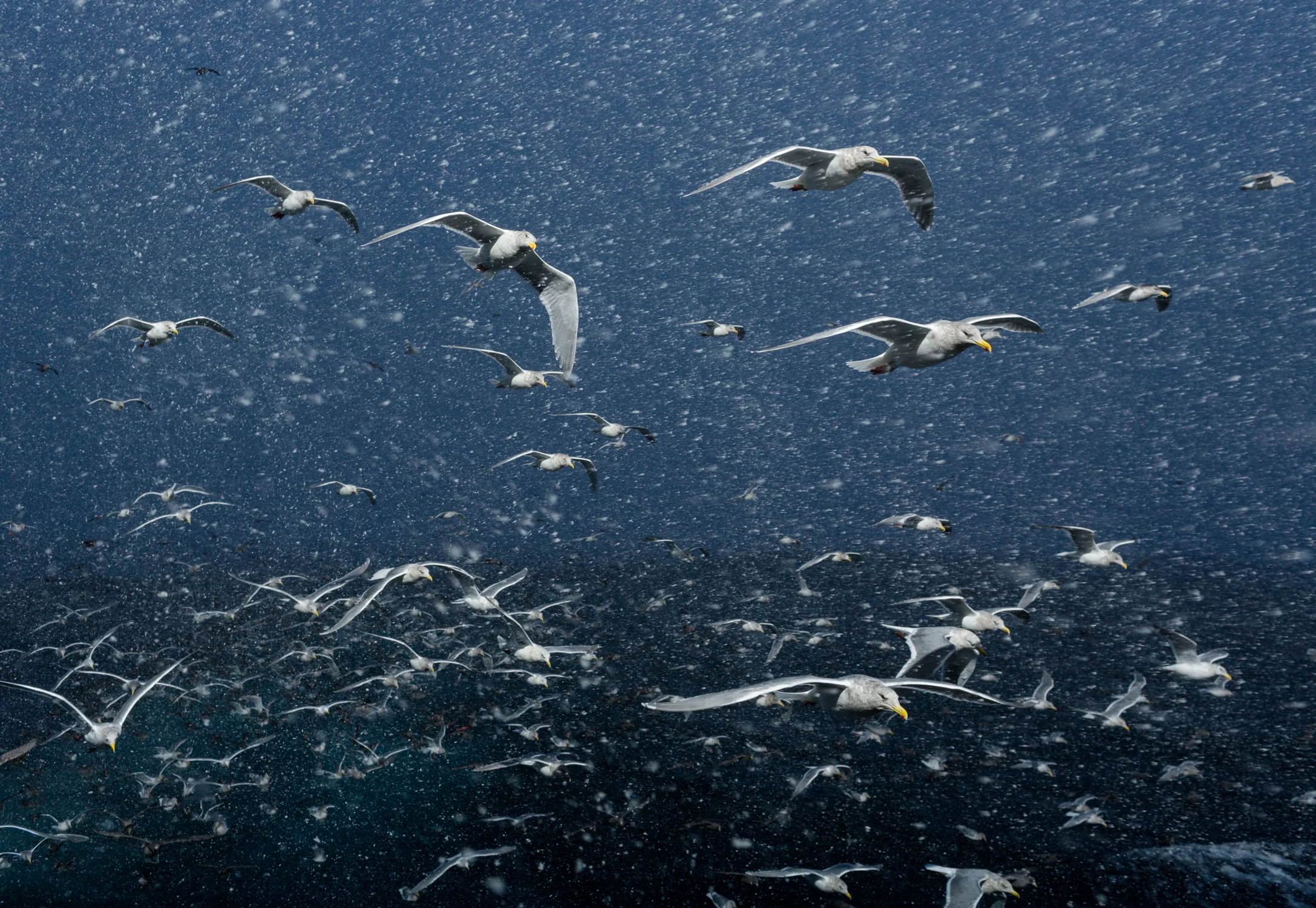
It’s not often you get to see the world through the eyes of a fisherman and sail along on his trips to experience the remote places he calls home. Corey Arnold, a photographer and part-time fisherman in Alaska, beautifully captures the gruelling life at sea, giving us a unique insight in some of the world’s least-visited places. We chatted to him about his latest series, Aleutian Dreams.
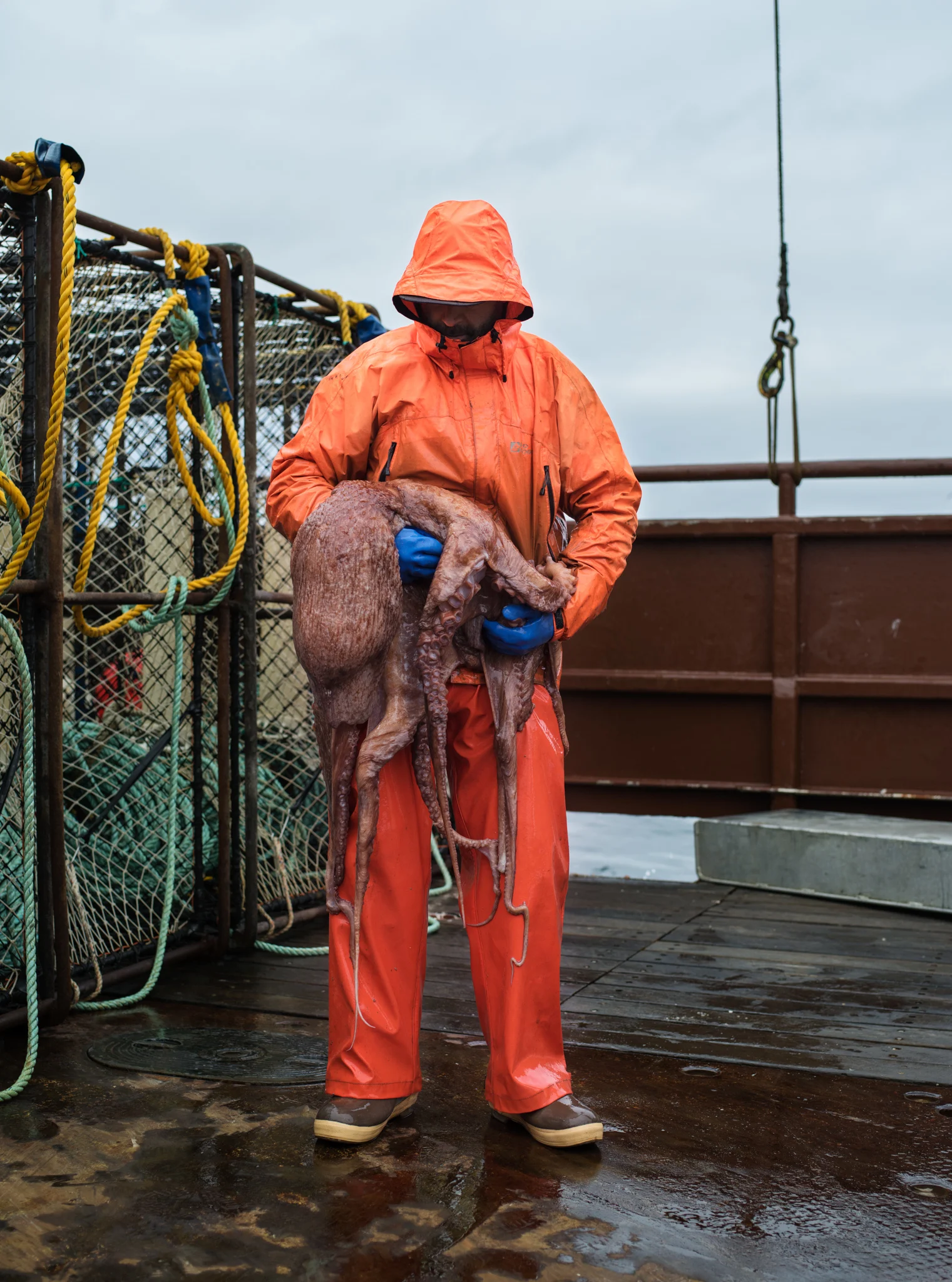
How did you get into fishing?
I grew up in southern California and my dad was obsessed with sport fishing, so we had a 21-foot long boat. Ever since I was old enough to walk there’s pictures of me in diapers holding fish and baby sharks. It resonated with me; growing up it seemed so natural to be on the ocean. I would bring sea creatures to school with me for Show and Tell.
What did your classmates think?
They would freak out. I would bring a shark in a cooler and people thought it was the coolest thing ever. For me it was super normal. It made me realise I had a unique perspective on the world, spending so much time at sea, and it being so foreign to other people.
How did you go from being on these boats to photographing on them too?
When I was 19, I drove to Alaska and got a job on a fishing boat to make money for photography school. For five years, every summer I went up there to fish for salmon. But I had never really thought about photographing this world. I liked to do conceptual photography, I wasn’t too into documenting my life.
After graduating, the economy took a dive and I found it hard to get started in photography. So I was totally happy to go on a new adventure like fishing in Alaska, and do something way more challenging.
Could you talk a little bit about the fisherman’s culture at sea?
Fishing is a tight-knit community. I am about to leave for Alaska for two months, where some of my best friends are now too. All year I’m barely talking to them and all of a sudden we reunite and we’re like one big family.
The neat thing about Alaska is a huge portion of the people fishing are not from Alaska, they’re sort of transient workers. It attracts all sorts of different people, like adventure seekers who don’t have a lot of options.
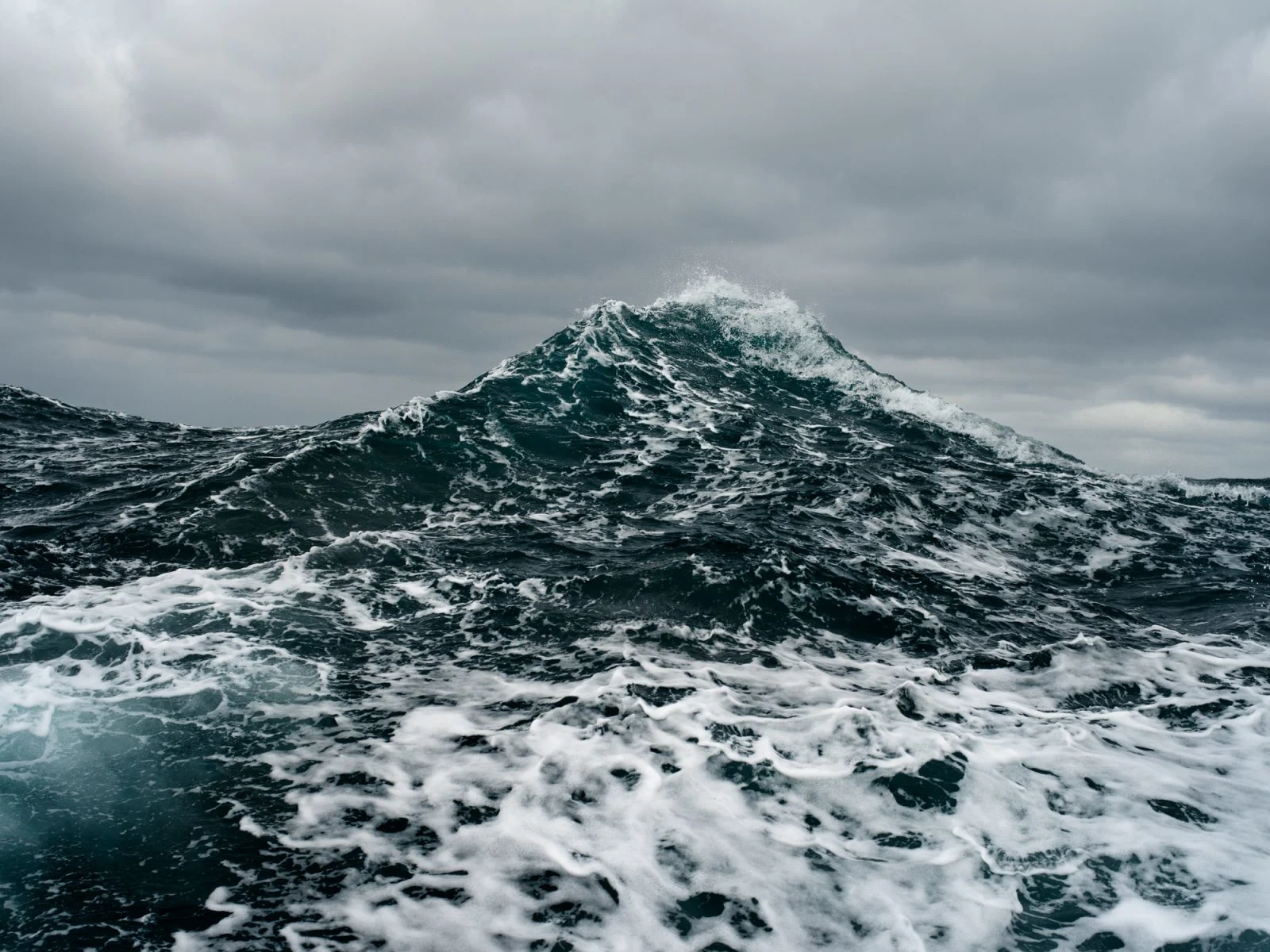
It’s really easy to get a job. All you have to do is work very hard and prove yourself. You don’t need to have skills to start fishing, except extreme hard work. You’ll be thrown out right away if you complain too much. The culture is survival of the fittest.
I do it because I love the feeling of accomplishment, the feeling in your body doing hard physical work, but also seeing these remote places no one gets to travel to. Even though it is extremely hard work, it’s also one of the greatest experiences you can have.
I think of it like running a marathon. It’s complete torture while you’re doing it, but you’re obviously coming out of it with a feeling of accomplishment or reward which makes people want to do it again.
Sometimes you go on board as a photographer and sometimes as a fisherman – what’s the difference in experience there?
For the longest time I was photographing whenever I could while I was working. It was hard to take photos – fishing is a full-time job. Especially when the weather is bad, it’s hard to grab your camera because that would mean other people have to do the extra work.
So I started going on trips when I wasn’t working, so I could get to the creative part of my brain. There’s part of my brain which is a fisherman and there’s a different part which is a photographer. I find it really hard to switch back and forth.
The Aleutian Dreams series was three one-month trips to the place where I have spent eight years fishing, to photograph in-depth the life up there. It allowed me to focus and think about what I was experiencing.
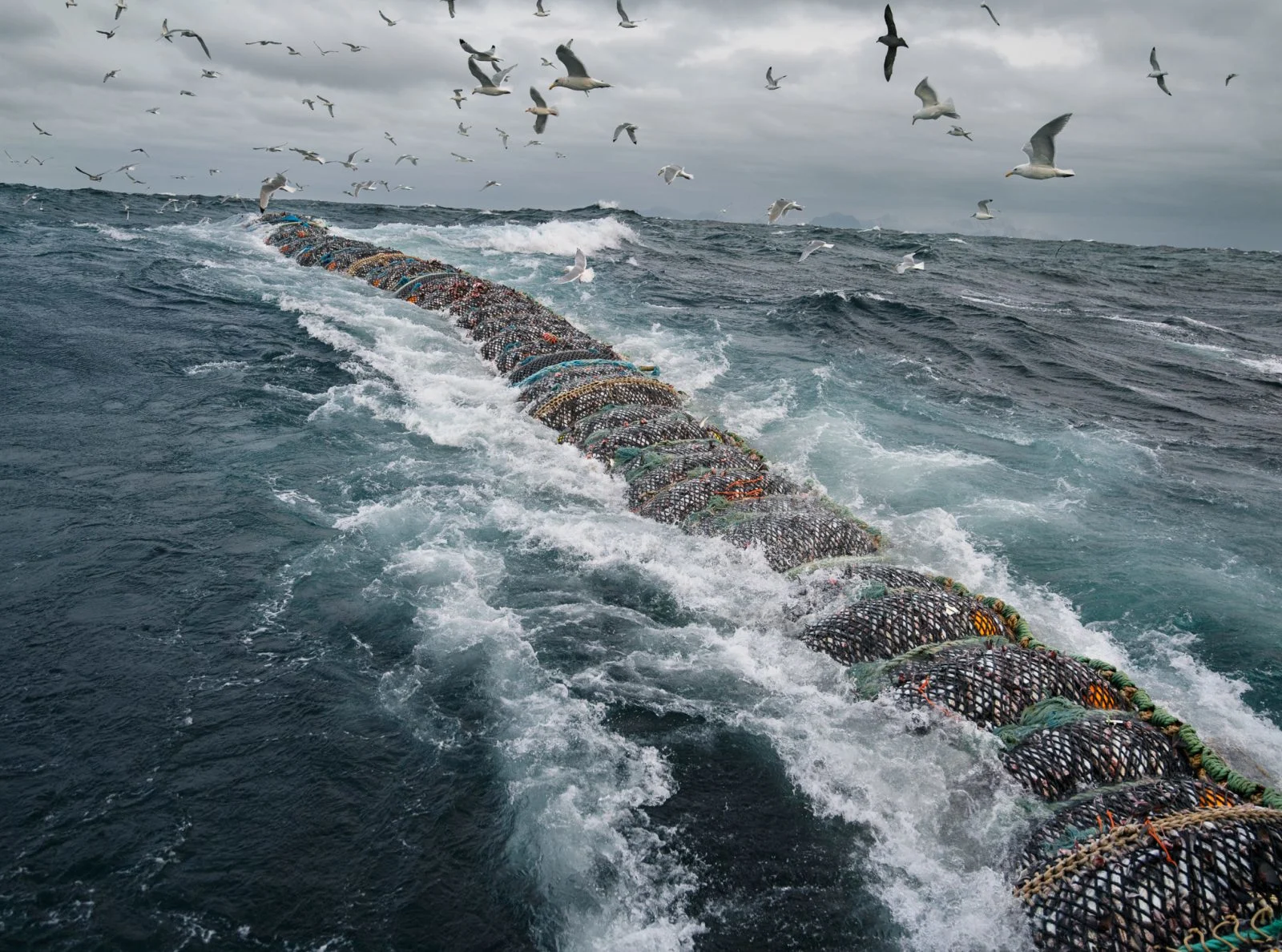
There’s a huge debate going on about overfishing – what are your views on that?
Photographing fishermen is an exploration for myself to get a sense of what is being overfished and what isn’t. I think it’s hard for the average person to understand. There’s a photo in the series with an absolutely enormous amount of fish in a net, snaking into the horizon. It’s hundreds of thousands of pounds of fish all caught in just a few hours. But what you don’t know is that there was solid fish for miles and miles in every direction outside the net.
I’m interested in promoting sustainable fisheries. But with the series I don’t want to make any political statements about overfishing. It’s more about this experience up there, sort of a non-partisan view.
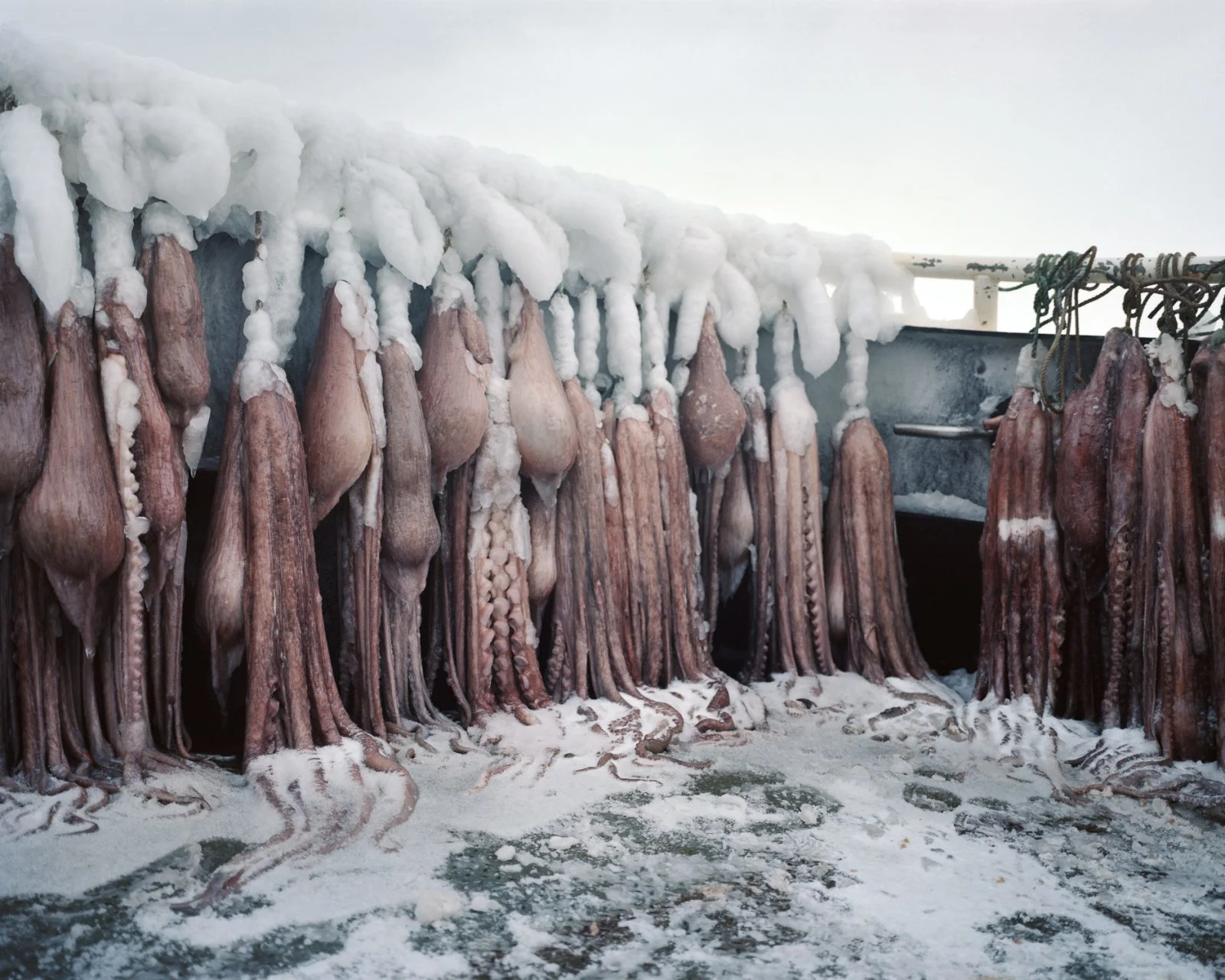
Is that the goal of the series – showing them what life is like on the water?
I want to capture the visceral experience of what it’s like. I want the photos to feel like the waves are about to engulf you, or you are confronted face-to-face with some sea creatures. There’s a lot of curiosity and mystery in the ocean and you never know what kind of animals are going to come over the side, or what kind of strange mess you are going to get into.
I want the senses to be engaged when people look at the photos, like they’re feeling the wind and the cold and the slime and the smell.


